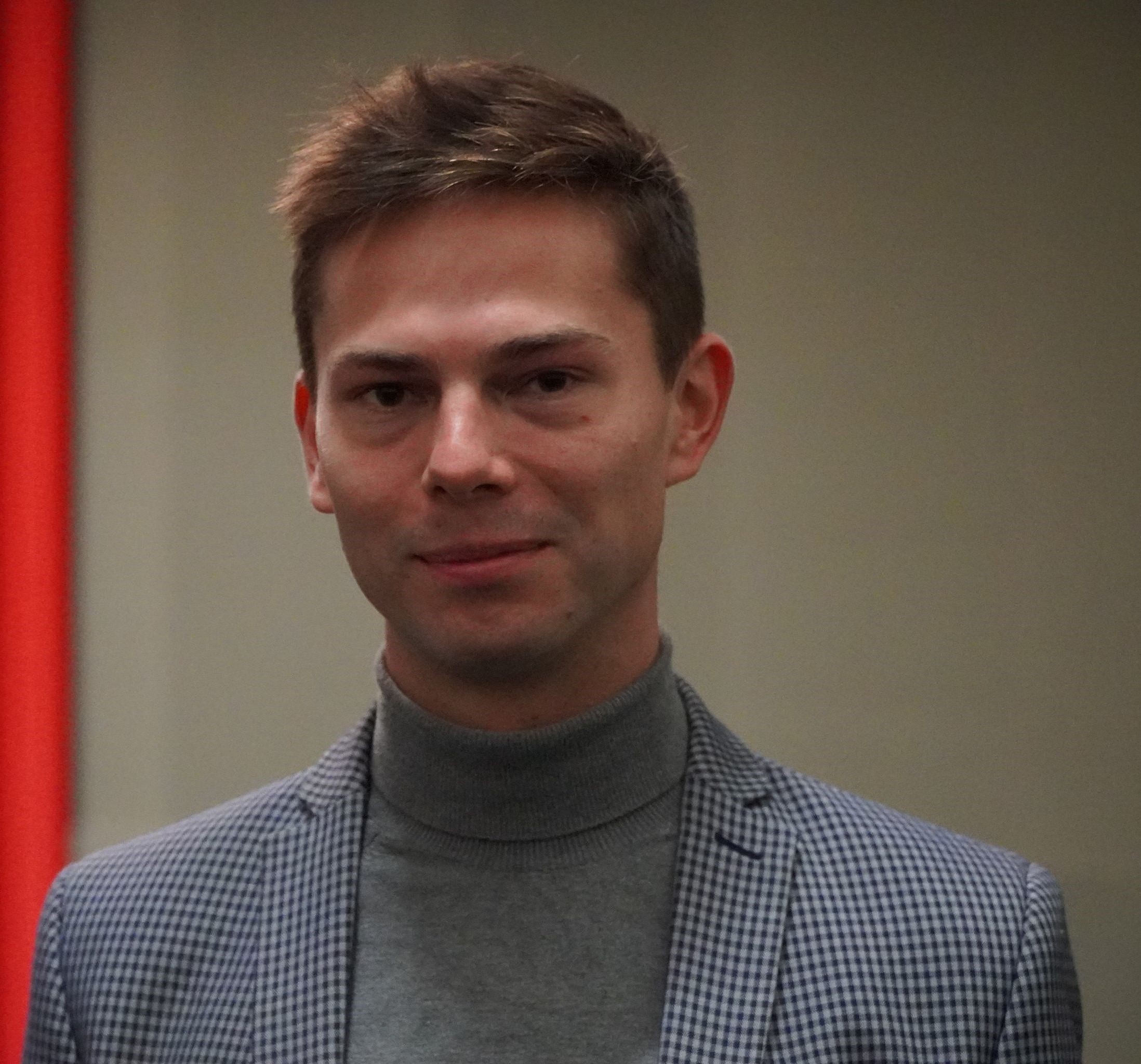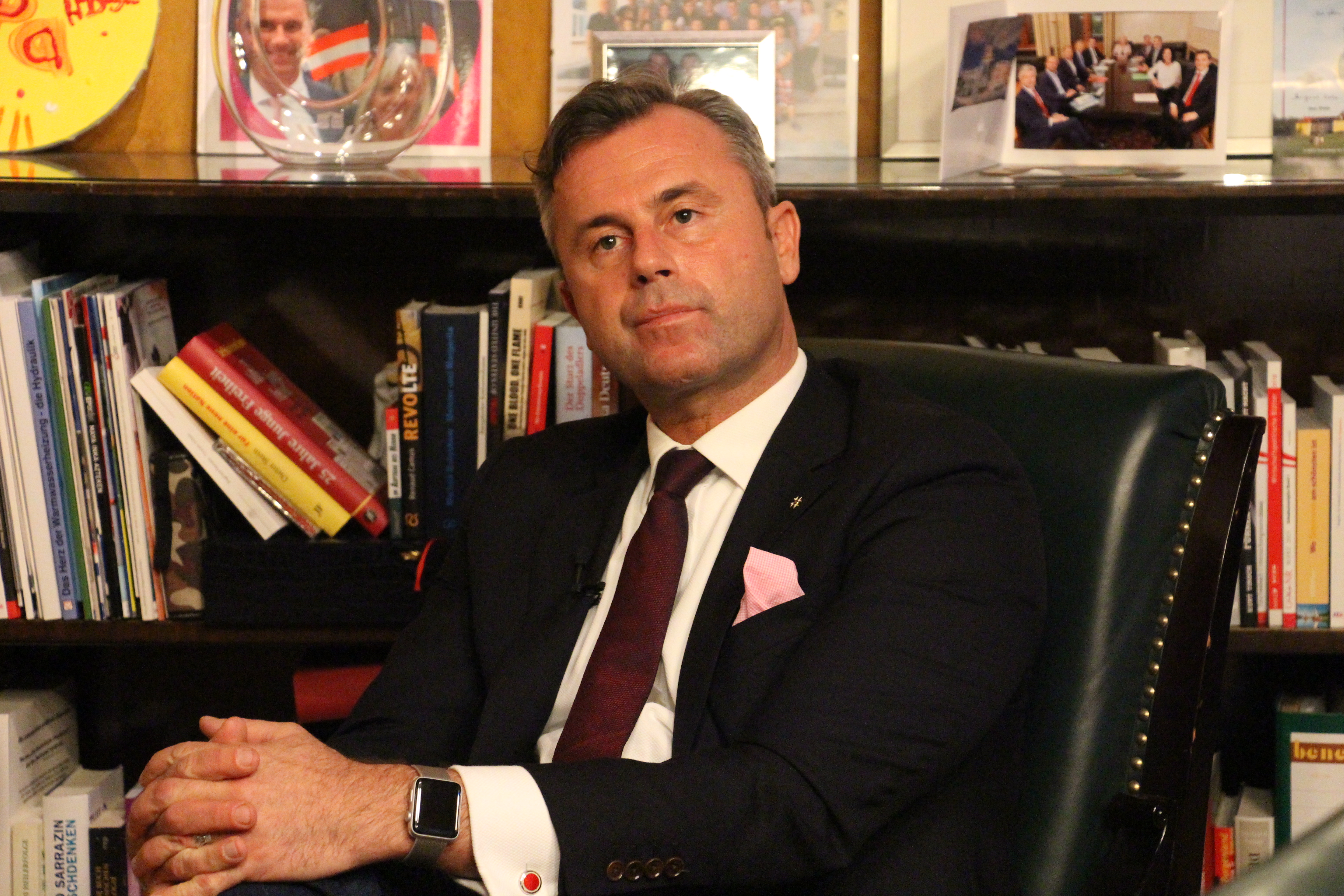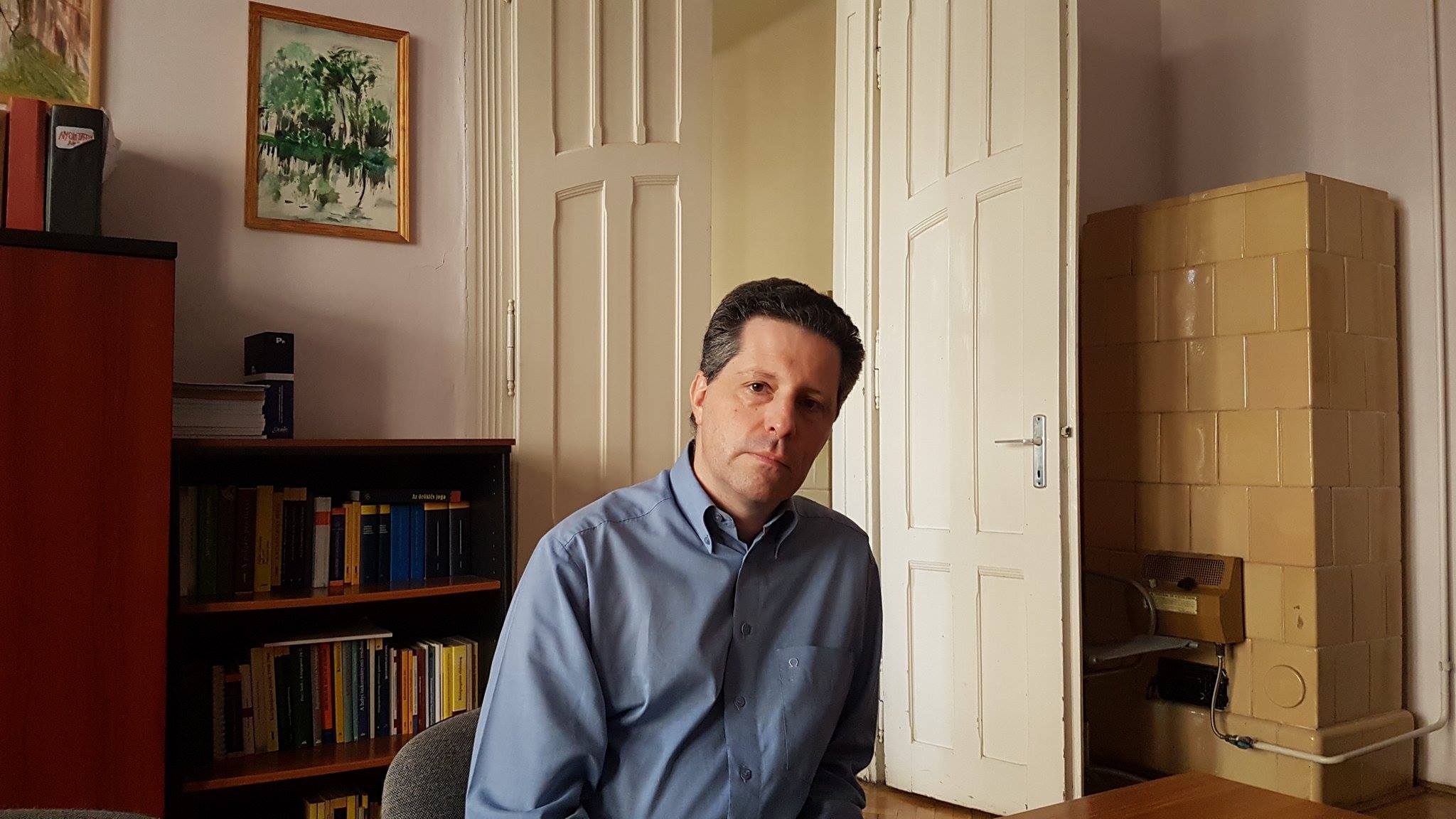Interview with Polish legal counsellor Katarzyna Gęsiak, co-author of a comparative analysis of public opinion surveys on Poles’ toward abortion: “In my opinion, the pro-abortion circles that publicise [fake news] don’t actually care much about the well-being of the victims.”
The Polish Institute for Legal Culture Ordo Iuris has just published an analysis of surveys showing the attitude of Poles toward abortion. The monography presents a comparative approach to the views of the Polish society on the issue of abortion from the early 1990s until today. The co-author of the report is legal adviser Katarzyna Gęsiak.
Sébastien Meuwissen met with Katarzyna Gęsiak to discuss this topic, and ask more specifically about the evolution of Poles’ stance on abortion since the fall of Communism.
—
Sébastien Meuwissen: What do Poles think about abortion, and how has public opinion on this subject changed over the last three decades?
Katarzyna Gęsiak: The results of surveys on Poles’ views on the permissibility of abortion, which we analysed showed that Polish society generally accepts abortions in the case of a threat to the life or health of the mother, and when the pregnancy is the result of a prohibited act, such as rape. In this regard, the views have not fundamentally changed over the last 30 years. Most Poles believe that in such cases, it should be legal to limit the life protection of the unborn child. However, the situation is different if abortion is to be carried out for other reasons.
The results of works conducted by the Centre for Public Opinion Research (CBOS) since 1992 show that among the adult population, support for abortion due to the child’s disability, or abortion motivated by the difficult personal or financial situation of the mother, has significantly decreased. In these cases, however, the views of young people are becoming increasingly radical. Unfortunately, more and more young people support access to abortion.
Sébastien Meuwissen: How would you explain the significant differences that can be observed in the results obtained when it comes to supporting abortion in Poland depending on which research centre conducted the study?
Katarzyna Gęsiak: It is very interesting. Indeed, comparing the surveys conducted by the state-owned CBOS centre and the “commercial” studies, i.e. by the United Surveys centre for Dziennik Gazeta Prawna (DGP), the Wirtualna Polska (wp.pl) portal and the IPSOS centre for the OKO.press portal, we can notice significant differences in the results obtained. Astonishing are the results of a poll conducted for OKO.press, which show record-high support for abortion, disproportionately higher than other polls.
Personally, I’m not afraid to claim that such significant discrepancies indicate the unreliability of the study. Why did all other polls indicate one thing, and the results of only one of them show something so different? Otherwise, why did the results of the study carried out for a portal with a decidedly pro-abortion stance differ so much from the rest? I can’t see any other rational explanation.
Sébastien Meuwissen: Several attempts have been made to amend the Polish Constitution to extend the protection of unborn children’s lives. When did these attempts take place, and what was their impact on the views of Poles on this matter?
Katarzyna Gęsiak: As far as the Constitution is concerned, we are basically talking about one attempt to amend it in 2007, which proposed adding a provision guaranteeing the protection of life from conception. This idea seems to have caused considerable controversy among the population. There were also several attempts to change the statutory provisions, like in 2016, when the citizens’ bill “Stop Abortion” appeared. Its aim was, among other things, to highlight the dignity that belongs to a human being, also before birth, and also to strengthen the legal protection of life to which everyone is entitled. The project must have been a serious threat to the interests of the abortion activist community, as it caused a series of so-called black protests, as a result of which the Sejm [Lower House of the Polish Parliament – editor’s note] did not pass the law.
The activity of the abortion lobby also halted the downward trend in the acceptance of abortion in society and increased support, for example, for the legalisation of “abortion on demand”. A similar situation can be observed after a series of aggressive marches of the so-called Women’s Strike after the notorious 2020 ruling of the Constitutional Court, during which false information about this decision was widely spread.
Sébastien Meuwissen: Can you explain to our readers what the famous ruling of the Constitutional Court of 2020 was about?
Katarzyna Gęsiak: This ruling made eugenic abortion illegal in Poland. Until then, unborn children were killed on suspicion of disease or disability. Why eugenic? Because the essence of this practice is the elimination of the sick and the weak. The provision allowing abortion in such cases was not based on the mother’s safety at all, but allowed for the killing of children of which we were not even sure whether they would be born sick or healthy. I myself have heard of many cases where the doctor in charge of the pregnancy suggested abortion due to diagnosed developmental abnormalities, after which the child was born completely healthy. It’s also worth stressing that the largest group of children killed on this basis were those with suspected Down syndrome, which in many cases is not a serious or life-threatening disease, and once in adulthood, such people are able to function independently, take up work, start a family, etc. It’s also worth emphasising that the Constitutional Court’s judgment of 2020 did not eliminate the premise of a threat to a woman’s life. It still obliges doctors to save the endangered life of every mother, also when the effect of medical interventions may lead the death of the child.
Sébastien Meuwissen: Since the autumn of 2020, eugenic abortions are illegal in Poland and constitute a crime under criminal law provisions. You work for an influential think-tank that actively and successfully advocated for changing the law and introducing a higher level of life protection in Poland. At that time, you were confronted with numerous attacks, insults, and threats. How does the situation look like 2.5 years later?
Katarzyna Gęsiak: Although the so-called Women’s Strike calmed down significantly, we are still observing new forms of activity in the pro-abortion community. We do not experience attacks against the Institute (as it was in 2020), but occasionally we can hear about new cases of women who were allegedly harmed by the ruling of the Constitutional Court. I mean the story of Ms. Izabela from Pszczyna, Ms. Agnieszka from Częstochowa, or the recently widely commented case of a raped 14-year-old girl who in fact turned out to be a 24-year-old woman. In each of these cases, society has heard a number of lies that the people mentioned are victims of the Constitutional Court’s ruling of 2020.
In fact – as I have already mentioned – if doctors abided by the law, they would save the lives of both Izabela and Agnieszka and all mothers who were endangered. And that they acted unlawfully is confirmed by the results of inspections by the National Health Fund, the Prosecutor’s Office, and the Ombudsman for Patients’ Rights, which indicate numerous and serious irregularities in the quality of services provided to the patient from Pszczyna. In the last high-profile case of rape, the victim’s age was probably deliberately falsified to create outrage.
Of course, it is also a terrible crime for an adult, but the question remains – what is the purpose of those who deliberately mislead the public? In my opinion, the pro-abortion circles that publicise such cases don’t actually care much about the well-being of the victims. I suspect that when their stories are no longer needed to push the goal of fully legalising abortion, their fate or the drama of their loved ones will absolutely not be taken care of. Unfortunately, such stories and their protagonists are instrumentally used to promote pro-abortion postulates and derive huge financial benefits from abortion. The testimony, for example, of Abby Johnson, former director of an abortion clinic belonging to the giant of the abortion industry – Planned Parenthood – confirms these claims.
Sébastien Meuwissen: A lot of fake news were spread around this case in the Polish and foreign press. Can you give some examples?
Katarzyna Gęsiak: As I have already mentioned, these are primarily the stories of Ms. Izabela from Pszczyna, Ms. Agnieszka from Częstochowa, and a 24-year-old rape victim. Of course, pro-abortion activists cite other cases of women who allegedly died or suffered in any other way as a result of the Constitutional Court’s ruling, but as I said – the law still allows the termination of a pregnancy due to a threat to the life or health of the mother and in the case of rape. The Court did not deal with such cases at all, it focused on not allowing abortion due to a suspected illness or disability of the child anymore. In addition, I’m convinced that situations such as those currently publicised by left-wing circles also took place before the ruling of 2020, but the need to spread them so loudly wasn’t yet so necessary.




